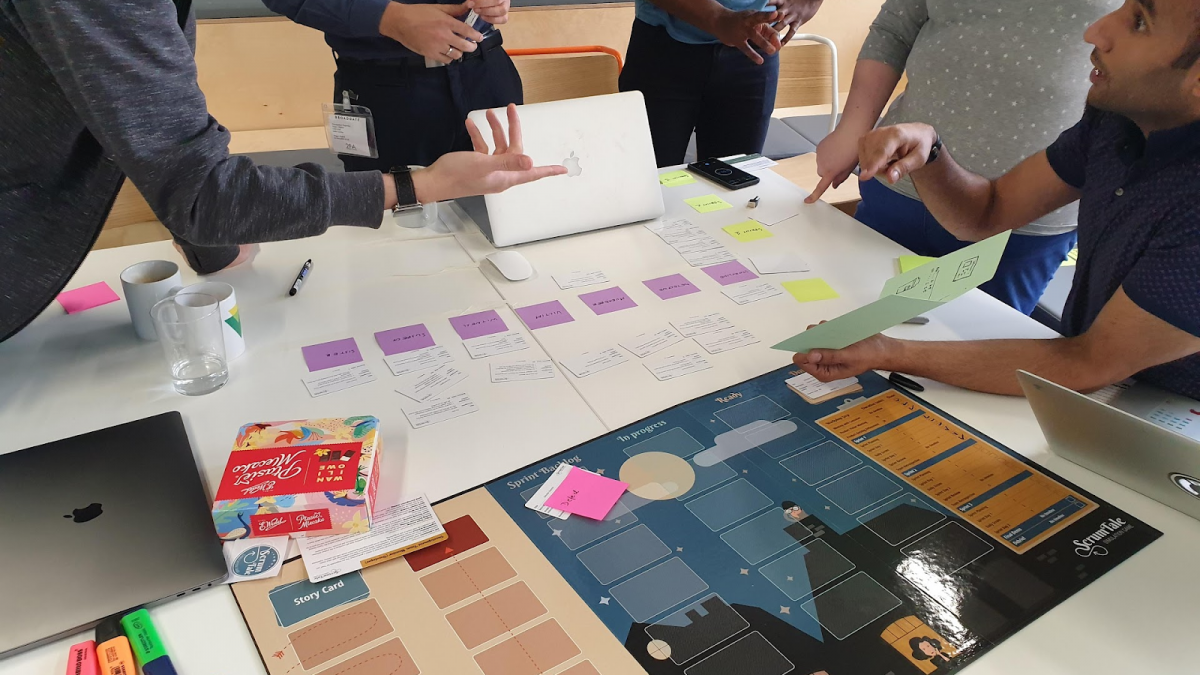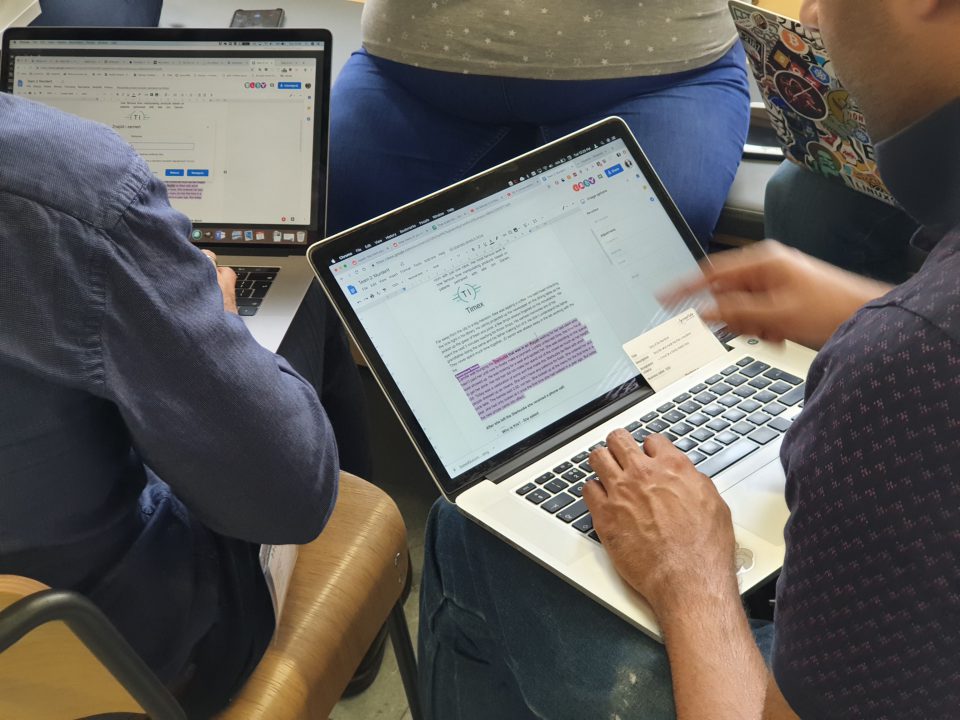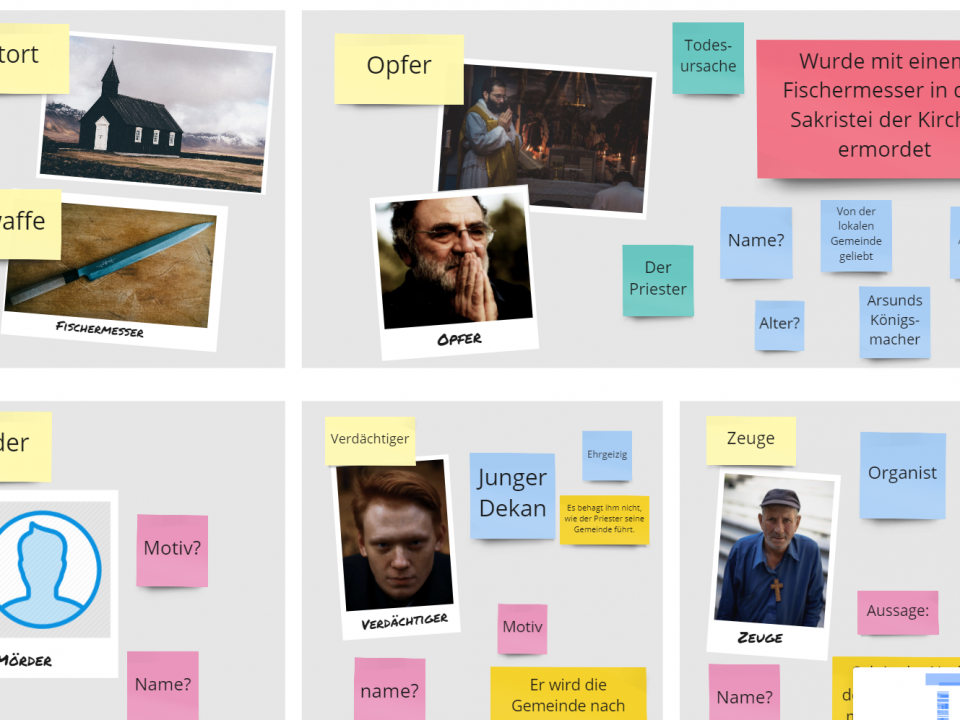- Join the next free webinar on 25th of April, 17:00-18:00 CET
Apply empiricism to teaching Scrum

Human fears are underestimated pair programming success factor
October 12, 2019
Improve your Product Backlog with Story Mapping and ScrumTale
October 28, 2019Apply empiricism to teaching Scrum
Scrum is a proven framework for solving complex problems, mostly in software development area. Unfortunately, many organisations struggle with it, not getting expected benefits. This is because Scrum adoption is a complex problem itself, which requires behaviour changes of everyone involved.
What if we used one of Scrum pillars — empiricism for teaching it?
Empiricism
Scrum is based on empirical approach which states that the knowledge comes from sensory experience. When we apply this approach to teaching, instead of using classroom-style of transferring knowledge, we allow people to experience an “insight” about the possibilities of the new ways of working and its benefits. This magical technique allows people to make new connections in their brains, so much needed for their willingness to apply new behaviours.
Brain damage by a medieval lecture
There is a funny paradox about learning: When you are bored, you are not learning. When you are learning you are not bored.
Traditional training methods like: classroom learning, lectures, e-learning, etc. disengage people from the learning process. This approach will not make the impact needed to influence how people in your organisation act.
An experiment conducted in 2010 that went viral, showed that a student’s brain activity during a class matched watching TV and was close to a brain dead (see yellow marker on the graph below).
A student’s brain activity record
Although this experiment is far from proper academic research, we all intuitively feel that medieval university style is not the right way to learn new skills. Even if a student manages to acquire any theoretical knowledge when her brain is shut down, she will eventually struggle to turn the new information into practical actions.
Amplify learning
Recent brain studies prove that people acquire knowledge and learn new skills better when they encounter a new experience, reflect upon it and generate their own ideas for implementing the concepts in a real-life setting.
Kolb’s four stage learning cycle
Another study worth bringing up has been conducted at the Spanish Business School. A group of Bachelor’s Degree students in Business Administration were enrolled in “Management Skills” program which was built upon Kolb’s Experiential Learning Theory and his four-stage cycle of learning. The course focused on transferring theoretical concepts into practice by experience-based group activities and managerial simulations with a manager of a real company.
The conclusions of the research give an ultimate proof that learn-by-doing approach drives superior results:
- Students were more engaged in the learning and took initiative for their own learning.
- Better understood theoretical concepts.
- Were able to apply the newly learned skills into real-life practice.
- Achieved better results in the final exam.
How to make a greater impact?
If you want to make cultural changes that will stick, you should harness experiential learning into your Agile & Scrum training program.
Here are a few examples of the empirical techniques that we used when designing ScrumTale simulation game
- Social aspect is crucial — team is writing a crime story collaboratively using Google Docs. This is more energising and helps the peers to motivate each other and constitute the new habits in their environment.
- There is a lot of fun included — learning is more powerful when participants get fully engaged in collaborative story writing. It also requires them to think and draw conclusions by themselves.
- Exercise theme (writing a story) is very close to real-life challenges of software development to ensure straightforward knowledge transfer. The team will experience communication, quality and requirements issues that are present on a typical IT project.
- ScrumTale consists of three iterations to give the opportunity to play different scenarios and encourage the participants to experiment with their new skills and observe how their actions impact the outcome.
- Extensive debrief session that is conducted right after the exercise helps the participants to summarise the new information and build connections to their workspaces. Figuring out their own meaning is crucial for people’s willingness to change their habits.
- Repetition is the key to transfer the knowledge from short to long-term memory and hard-wire the new connections in our bran to make new behaviours stick. That is why ScrumTale consists of three sprints that will allow the participants to learn new habits.



